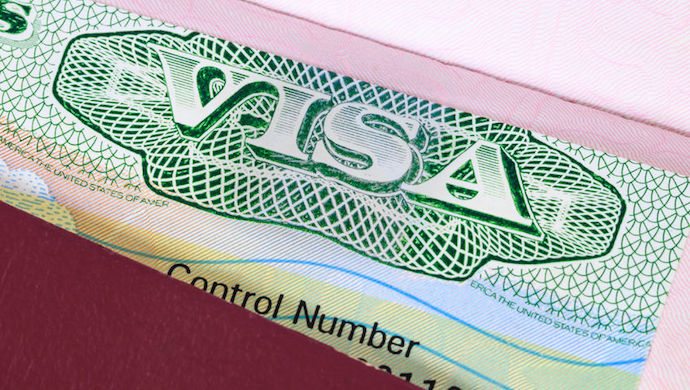India’s IT will need to transform across all aspects of strategic direction including business models, people, processes, and most importantly, mindsets

“Change before you have to.” – Jack Welch
Well, Donald J Trump is here. And if there’s one thing he is driving, it is change. While the jury is still out there on the need, merit, timing, and jurisprudence of it all, one cannot but respond to it. And as Trump prepares to deliver on one of his key poll promises – that of increasing American jobs by cutting down on H1B Visas, Indian IT companies would be served well to heed the advice of Jack Welch, someone who, ironically, each of these behemoths courted for a piece of GE’s huge outsourcing business, but whose mantra on change, they have hardly paid attention to.
The Indian IT industry has grown to US$150 B in the last 30 years. IT majors have built global markets (the US being the largest) by importing talent from India. Now as they hunker down to face the Trump normal, they will need to put their billions in cash reserves to do more than just provide lip service (as is done typically at annual strategy planning sessions) to the word “transform”. But transform they will have to — across all aspects of strategic direction including business models, people, processes, and most importantly, mindsets.
Rocket Science? Not really. IMHO, here are a few of the areas that require specific attention. It is by no means an exhaustive list, but a good one to get started with.
Also Read: Indian tech leaders to meet Trump officials regarding H1-B visa changes: Reuters
Mindset-shift
Move out of pure play services to products and productised services, from volume to value based businesses, from supporting sunset technologies to leading the charge in new age technologies. Invest in organically building capabilities as well as sensible acquisitions that add front end capabilities
Innovate … Really
As a casualty of a factory based approach to innovation (?!), what gets showcased are templates, tools, and accelerators, as innovation success stories! That’s largely because innovation is rarely more than a tertiary tick box for annual appraisals up and down the organisation structure. Very simply, it’s just not mainstream to innovate. No wonder — offshoring, or maybe the factory model, was the last big innovation from the heritage outsourcers! That will need to change fast. A good start would be to use the billions in reserve to fire up an internal startup culture. Create XPRIZE like competitions and recognise and reward innovation.
Truly multi-cultural
More than outsourcing firms, it’s their clients who can be credited with having moved the needle to manage the cultural gap by hiring Indians as managers in their IT functions. Most Indian offshore companies were comfortable in building pseudo-local teams (Read: more desi’s on L1 and eventually green cards). At this point, I must acknowledge that it was this specific reticence in hiring local, that brought yours truly to the Jersey shores from Bengaluru! It’s time that Indian IT really did their bit in truly localising their teams particularly their local management, i.e. hire local strategists, not just foot soldiers.
Also Read: 5 examples of entrepreneurs and engineers banned from the US under Trump’s immigration order
Change in processes
Stop stressing about H1B visas; Focus on increasing the offshore component in engagements. Target a 90 per cent offshore model. The 10 per cent onsite ought to be true subject matter experts (SMEs) in domain, program, and project management and sales.
Drop “added headcount” as a key metric of review in favour of top-line growth, revenue per employee, subscription sales, and growth thereof (through licensing of IP). More importantly, drop every manager who does not get it!
Focus on local markets, particularly India
India is transforming fast and needs good quality talent. The Indian government is focused on numerous programs such as “Make in India”, creation of 100 smart cities, transformation of the tax base, going “less cash” through a digital transformation in payments, disseminating welfare and public services through the worlds largest biometric enabled citizen database, etc., etc. Each of these provide for qualitative and sizeable opportunities for the Indian IT companies to address seriously. It needs the focus of their A-teams, though!
I truly believe in the resilience of the Indian technology sector — the recent events sure should nudge in the right direction.
Over the next four years, we will see the impact of such changes or the lack thereof.
“Intelligence is the ability to adapt to change.” – Stephen Hawking
—-
The views expressed here are of the author’s, and e27 may not necessarily subscribe to them. e27 invites members from Asia’s tech industry and startup community to share their honest opinions and expert knowledge with our readers. If you are interested in sharing your point of view, submit your post here.
Featured Image Copyright: wirojsid / 123RF Stock Photo
The post Trump could be the best thing to happen to Indian IT appeared first on e27.